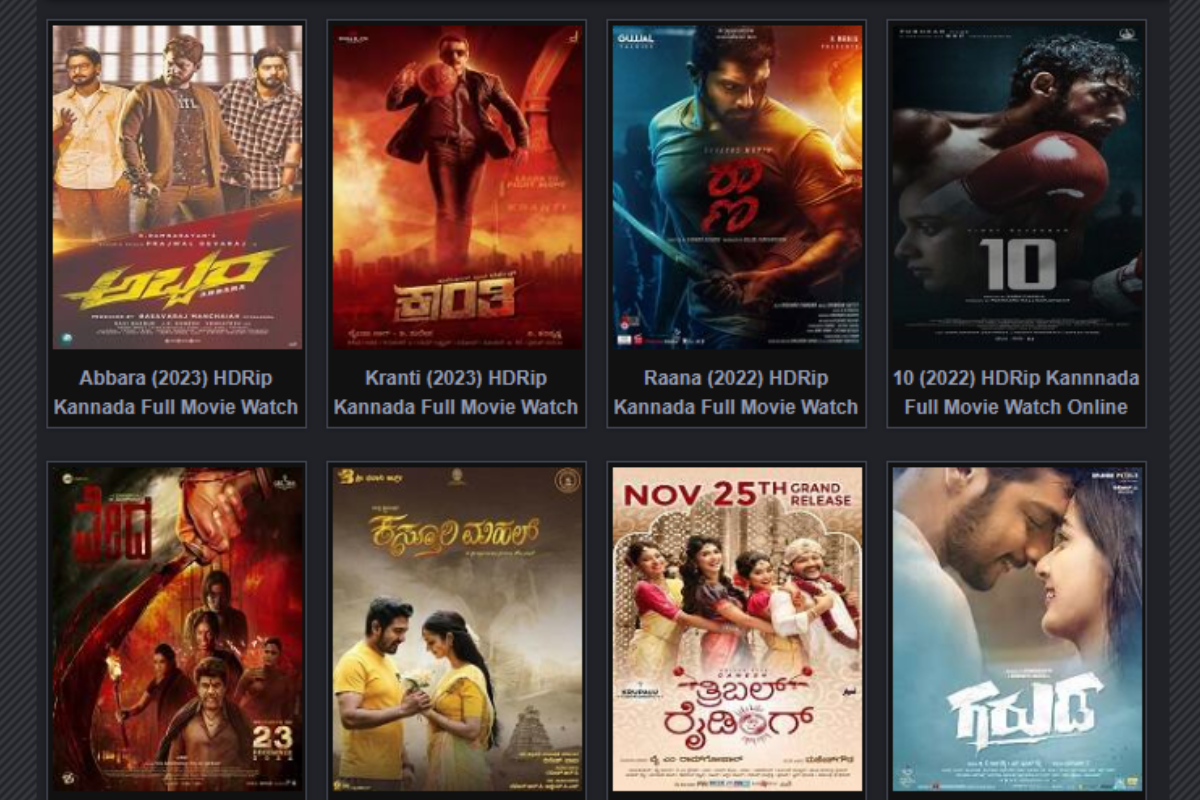
Karnataka’s cinematic landscape is rich and diverse, characterized by its unique storytelling, music, and culture. The Kannada film industry, affectionately known as Sandalwood, has carved a niche for itself in Indian cinema, captivating audiences with its compelling narratives and vibrant performances. As both a reflection of the state’s culture and a medium of entertainment, Kannada movies adhere to distinct rules and conventions that shape their storytelling approach.
Understanding the Kannada movie rules is essential for filmmakers, actors, and even avid movie watchers who want to delve deeper into this captivating world of cinema. From scriptwriting to direction and performance, each aspect of filmmaking is governed by a set of principles that not only enhance the artistic quality of the films but also ensure their connection to the audience. This article aims to illuminate these rules, paving the way for a richer appreciation of Kannada cinema.
As we explore the Kannada movie rules, we will delve into various facets of the industry, including the significance of cultural representation, the role of music, and the evolution of storytelling techniques. By examining these elements, we will gain insights into how these rules contribute to the growth and success of the Kannada film industry, making it a significant player in the broader spectrum of Indian cinema.
What are the Fundamental Kannada Movie Rules?
The Kannada movie rules encompass a variety of elements that guide filmmakers in creating engaging and culturally resonant films. These rules are not merely guidelines but are deeply rooted in the traditions and values of the Kannada-speaking population. Here are some fundamental aspects:
- Cultural Authenticity: Kannada movies often reflect the culture, beliefs, and practices of the Karnataka region. This authenticity is crucial in resonating with local audiences.
- Character-Driven Narratives: The storytelling in Kannada cinema frequently revolves around well-developed characters, allowing for emotional connections with viewers.
- Music as a Narrative Tool: Music plays a pivotal role in Kannada films, serving not just as entertainment but as a vehicle for storytelling.
- Social Issues: Many Kannada films address contemporary social issues, making them relevant and thought-provoking.
How Do Kannada Movie Rules Influence Storytelling?
The storytelling in Kannada cinema is significantly influenced by the established rules. The narrative structure often revolves around local myths, folklore, and current societal themes. The filmmakers use these elements to create relatable stories that resonate with the audience's experiences. Here are some storytelling techniques prevalent in Kannada cinema:
What Role Does Music Play in Kannada Movies?
Music is an integral part of Kannada cinema, often woven into the narrative to enhance emotional impact. Songs are not just interludes for entertainment; they can provide insight into characters’ thoughts and feelings. The rules of music in Kannada films include:
- Integration with the Story: Songs are written to fit seamlessly within the narrative, often reflecting the character's journey.
- Local Flavor: Incorporating traditional instruments and regional dialects to maintain cultural authenticity.
- Emotional Resonance: Crafting melodies that resonate with the audience's emotions, enhancing their connection to the story.
Who Are the Influential Figures in Kannada Cinema?
Several key figures have shaped the Kannada film industry, adhering to and sometimes challenging the established Kannada movie rules. These filmmakers, actors, and musicians have left a lasting impact on the narrative and aesthetic of Kannada cinema. One notable figure is Dr. Rajkumar, a legendary actor whose career spanned decades and whose films are often seen as benchmarks for Kannada cinema.
| Name | Dr. Rajkumar |
|---|---|
| Birth Date | April 24, 1929 |
| Notable Films | Shri Krishnadevaraya, Bhakta Prahlada, and more |
| Awards | National Film Awards, Karnataka State Film Awards |
What Challenges Do Kannada Filmmakers Face?
Despite its rich cultural heritage, the Kannada film industry faces numerous challenges, particularly in maintaining its unique identity amidst the dominance of other regional and national cinemas. Some of the challenges include:
- Competition: Facing stiff competition from Bollywood and other regional industries.
- Funding: Securing financing for innovative projects can be difficult.
- Audience Reach: Expanding the audience base beyond Karnataka can pose a challenge.
How Are New Technologies Changing Kannada Cinema?
With the advent of new technologies, Kannada cinema is experiencing a transformation. Digital filmmaking, online streaming platforms, and social media have opened new avenues for storytelling. Here’s how technology is influencing Kannada movie rules:
What Lies Ahead for Kannada Cinema?
The future of Kannada cinema looks promising as filmmakers continue to embrace innovation while respecting the established Kannada movie rules. There is a growing trend towards creating content that is not only entertaining but also socially relevant, reflecting the changing dynamics of society. As more stories emerge from this vibrant industry, the potential for Kannada cinema to reach new heights is limitless.
In conclusion, the Kannada movie rules serve as a foundation for the industry, guiding filmmakers in their creative processes while ensuring cultural representation and relevance. As audiences continue to embrace the richness of Kannada cinema, these rules will evolve, reflecting the ever-changing landscape of storytelling. With a blend of tradition and innovation, Kannada cinema is poised for a bright future, inviting viewers to immerse themselves in its captivating tales.
ncG1vNJzZmivp6x7p7XGoaugqpGlva2x05qnZ5ufonyjvsScop6knGZ8rK3Np5idmV2ivLe1xGaprqSVqHupwMyl